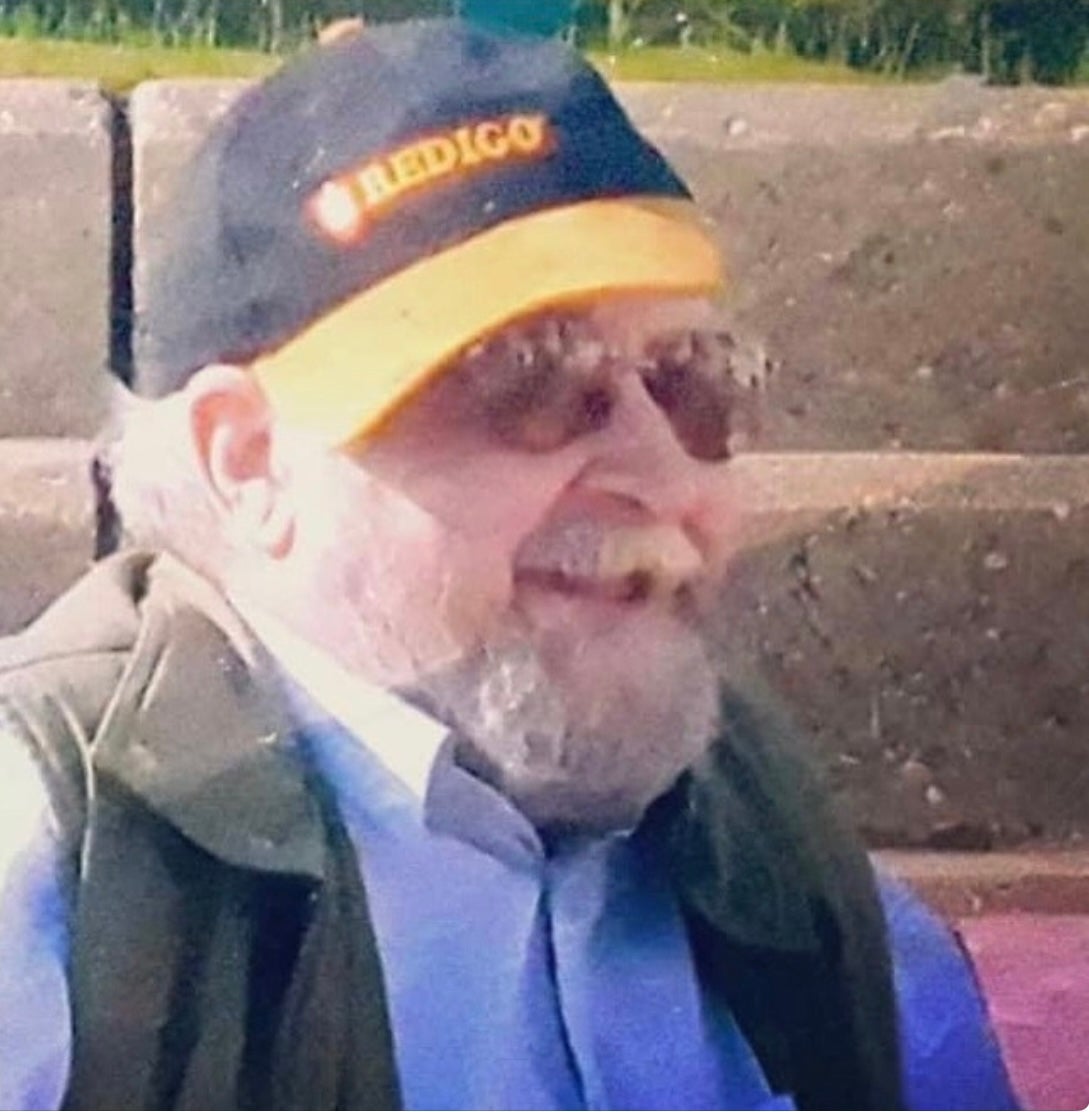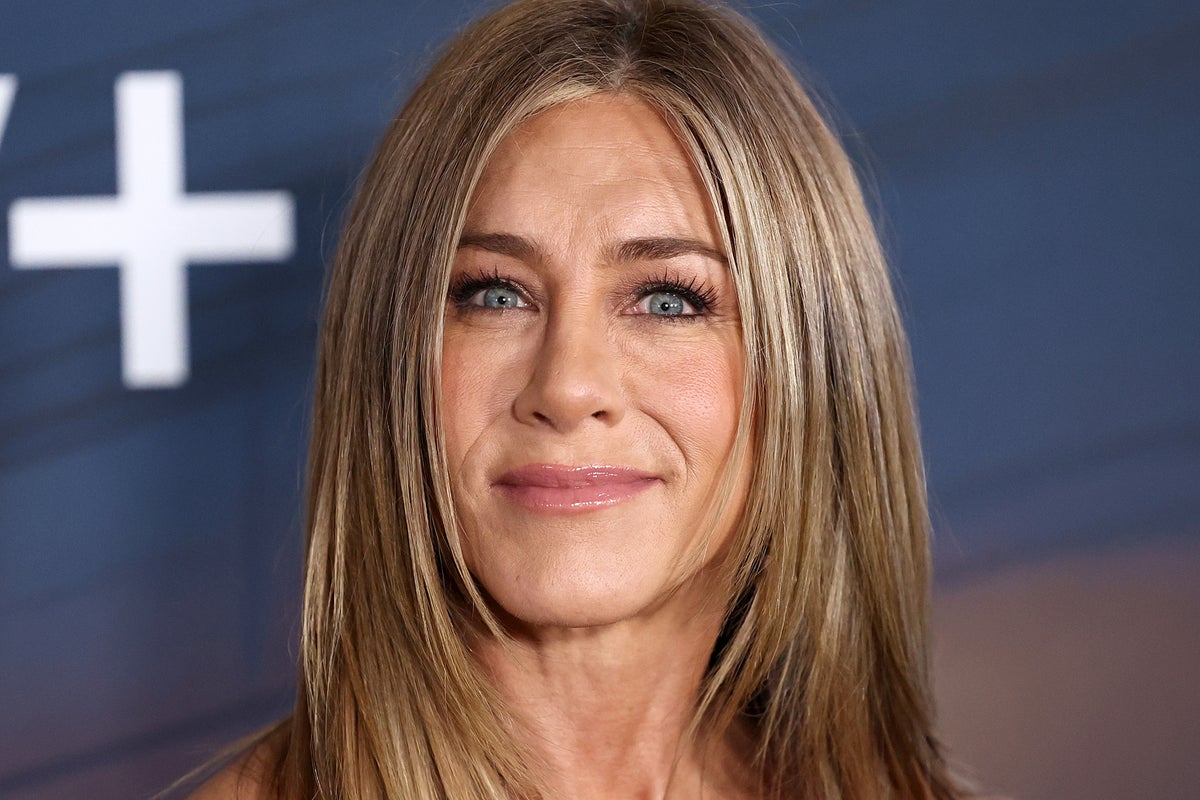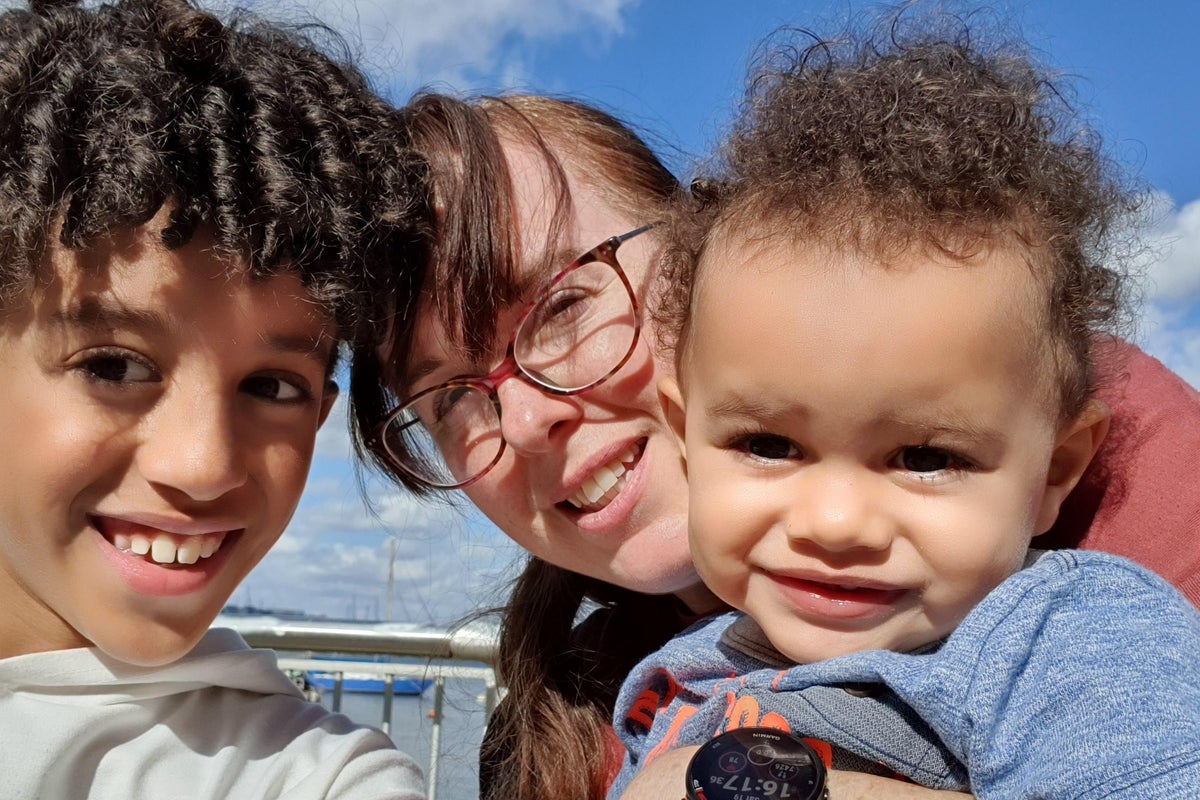Some 500 patients have waited for more than a year for a sight-saving cornea donation, with new figures revealing a critical shortage across England.
More than 4,000 individuals are on the waiting list for a cornea transplant, NHS Blood and Transplant (NHSBT) said.
NHSBT said that 3.3 million people on the NHS Organ Donor Register have chosen to donate their other organs but not their corneas – with just 4,976 donated corneas recorded in the UK by NHS Blood and Transplant in 2024/25, down from 5,134 in 2023/24.
A cornea transplant involves replacing all or part of a damaged cornea – the clear outer layer of the eye.
Among those to receive one is Laura Grady, a mother-of-two and software administrator from Greenwich, who has had three cornea transplants – two for an undiagnosed illness and one after cataract surgery.

“After the transplants, my vision was clear,” she said.
“It was still blurry at first, but clear. I could see colours and definition. Now I can see the lovely little faces of my sons.
“Had I not had the cornea transplants, I probably wouldn’t have been able to continue in my job, and therefore wouldn’t have met my partner Justin, and probably wouldn’t even have my sons.
“I feel forever grateful to my donors and their families. Words are not enough to express my gratitude.
“Now I have had both eyes done, I know how very different my life would be if I hadn’t been so lucky as to receive these corneas.”

Ben Cronin, whose own father was a cornea donor when he died, has himself been waiting for a transplant for months.
His father, also Ben, died in 2011 aged 69. His corneas were donated, and he saved the sight of two people, NHSBT said.
Mr Cronin, 33, from Wrentham in Suffolk, has a condition called keratoconus, a progressive eye condition where his cornea becomes thinner and changes shape.
“The vision in my left eye has become increasingly blurred and unstable,” he said.
“Everyday tasks that most people take for granted, such as reading signs, recognising faces, or driving, have become extremely challenging.
“A cornea transplant is now the only option to restore some clarity and stability to my sight.
“My vision problems affect every part of my daily life. I had to leave my previous job as an administrator and even in my volunteering roles I find myself struggling.”

He added: “I have been on the waiting list for a cornea transplant since the end of June, but it already feels like a long time. It is a strange balance between hope and uncertainty.
“As the son of a donor, I am deeply aware that my chance of seeing clearly again will come through someone else’s loss, and that is a difficult thought to hold.
“A cornea transplant would give me back a part of my life that has been slipping away.
“I would tell people that donation, whether it is corneas, tissues, organs or blood, is one of the most selfless and powerful gifts anyone can give.
“Corneal donation does not just restore sight; it restores independence, dignity and a person’s place in the world. Two small, transparent pieces of tissue can completely transform someone’s life.”
Most people, of any age and with most medical histories, can donate their corneas when they die.
Kyle Bennett, assistant director of the tissue and eye services at NHS Blood and Transplant, said: “By agreeing to donate your corneas, you can transform the life of someone who hasn’t been able to see their family properly or live a normal life.
“Thousands of people are waiting for eye surgery which can transform their sight and their life. Giving the gift of sight is incredibly powerful and life-changing.
“There are not enough cornea donations to help those waiting for a life-changing transplant.
“Please consider leaving an amazing legacy of the gift of sight by agreeing to donate your corneas. Join the NHS Organ Donor Register and tell your family.”




